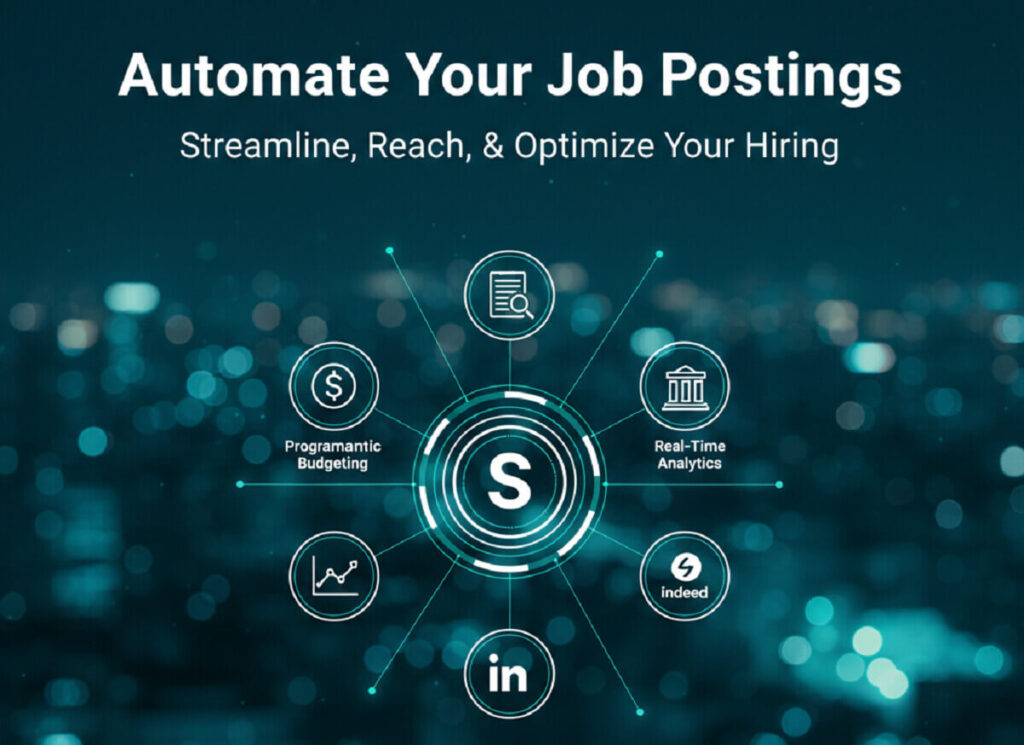In today’s fiercely competitive job market, attracting and retaining top talent is a priority for organizations looking to thrive. One of the most effective tools in achieving this is a well-crafted employer branding strategy.
This article explores the transformative potential of integrating employer branding across all facets of recruitment, from marketing to candidate experience, to create a compelling narrative that resonates with prospective employees.
Understanding Employer Branding
Employer branding refers to the image and reputation a company cultivates as an employer. It encompasses how the organization is perceived by both current employees and potential candidates. A strong employer brand can significantly impact an organization’s ability to attract, engage, and retain top talent. It goes beyond traditional marketing tactics and encompasses the entire employee lifecycle, from recruitment to offboarding.
The Components of an Integrated Employer Branding Strategy
Authenticity:
Authenticity lies at the heart of a compelling employer brand. Organizations must accurately represent their values, culture, and employee experience. Authenticity builds trust with candidates and fosters a sense of belonging among employees. To achieve this, companies should leverage employee testimonials, highlight real-life stories, and showcase their workplace culture transparently.
Consistency:
Consistency is key to building a strong employer brand. All touchpoints with candidates, from job postings to interviews, should reflect the organization’s values and culture consistently. This includes aligning messaging across social media, career websites, and recruitment materials. Consistency creates a cohesive brand identity and reinforces the organization’s commitment to its employees.
Employee Experience:
A positive employee experience is fundamental to a strong employer brand. Organizations must prioritize creating an inclusive, supportive, and engaging work environment. This involves investing in employee development, promoting work-life balance, and recognizing employee achievements. A satisfied workforce becomes brand ambassadors, advocating for the organization both internally and externally.
Candidate Experience:
The candidate’s experience plays a crucial role in shaping perceptions of an employer brand. From the initial application process to the final hiring decision, candidates should feel valued and respected. Organizations must streamline recruitment processes, provide timely communication, and offer constructive feedback to candidates. A positive candidate experience enhances the organization’s reputation and attracts top talent.
Employer Value Proposition (EVP):
The EVP articulates what sets the organization apart as an employer of choice. It communicates the benefits, rewards, and opportunities available to employees. An effective EVP resonates with candidates’ career aspirations and aligns with the organization’s values. Organizations should tailor their EVP to different target audiences and leverage it to attract diverse talent.
Employer Brand Advocacy: Employee advocacy is a powerful tool for amplifying the employer brand. Organizations should empower employees to share their experiences and insights on social media and professional networks. Employee-generated content humanizes the employer brand and provides authentic perspectives for potential candidates. By fostering a culture of advocacy, organizations can leverage their employees as brand ambassadors.
The Impact of Integrated Employer Branding
Talent Attraction:
A strong employer brand attracts top talent by showcasing the organization’s values, culture, and opportunities. Candidates are more likely to apply to companies with positive employer brands, reducing recruitment costs and time-to-hire. An integrated branding strategy ensures consistent messaging across all recruitment channels, maximizing the organization’s appeal to prospective employees.
Employee Engagement:
An integrated employer branding strategy fosters employee engagement by reinforcing a sense of pride and belonging. Employees who identify with the organization’s values are more likely to be engaged and motivated in their roles. Engaged employees contribute to higher productivity, lower turnover rates, and a positive workplace culture, further enhancing the employer brand.
Retention and Loyalty:
A compelling employer brand promotes employee retention and loyalty. When employees feel valued and supported, they are more likely to stay with the organization long-term. This reduces turnover costs and maintains continuity in talent. Moreover, loyal employees become advocates for the organization, referring top talent and bolstering its reputation as an employer of choice.
Competitive Advantage:
An integrated employer branding strategy provides a competitive advantage in the talent marketplace. Organizations with strong employer brands stand out from competitors and attract high-caliber candidates. They can leverage their reputation to attract passive candidates who are not actively seeking employment but are drawn to compelling employer brands. Ultimately, a strong employer brand enhances the organization’s ability to attract, engage, and retain top talent, driving sustainable growth and success.
Conclusion
An integrated employer branding strategy is a powerful tool for revolutionizing recruitment in today’s competitive landscape. By authentically representing organizational values, fostering consistency across all touchpoints, prioritizing employee and candidate experiences, and leveraging employee advocacy, organizations can build a compelling employer brand that attracts, engages, and retains top talent. Embracing the transformative potential of employer branding is essential for organizations seeking to thrive in the ever-evolving world of recruitment.
Sourcing Square revolutionizes recruitment by leveraging AI-driven algorithms to efficiently source and screen top talent, reducing time-to-hire and enhancing candidate quality. Its intuitive platform streamlines the recruitment process, providing organizations with a competitive edge in attracting and retaining top talent in today’s dynamic job market.




